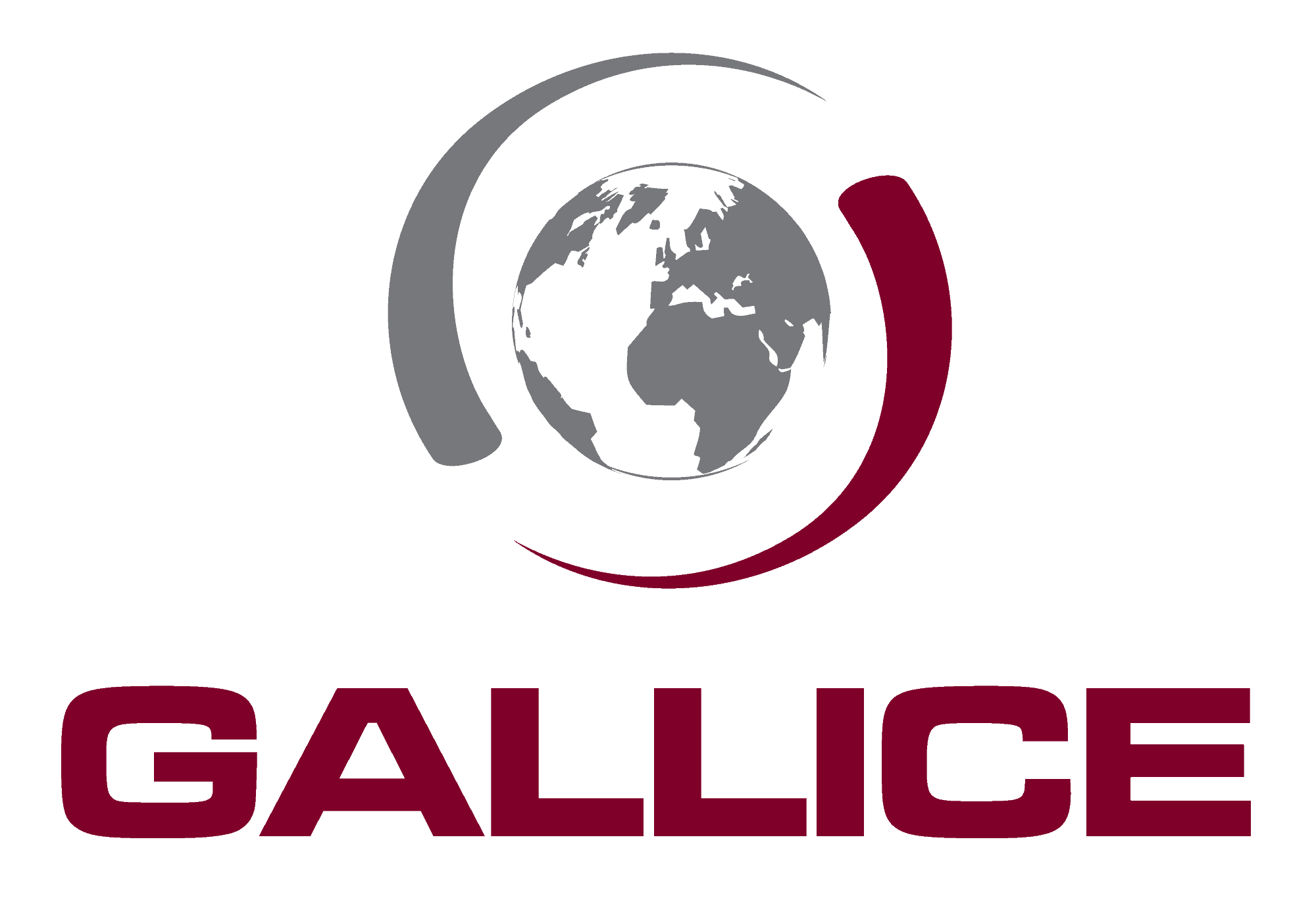MALI
In 2025, Mali remains deeply destabilised and governed by a military junta since the 2021 coup. The regime of Assimi Goïta has officially broken with France and its Western partners, aligning itself increasingly with Russia, both politically and militarily. The presence of Wagner Group elements, now rebranded and partially integrated into the Russian Ministry of Defence, continues across much of the country.
The transitional government’s legitimacy is contested. The promise of elections has been repeatedly postponed, and political freedoms are drastically restricted. Numerous opposition figures have been arrested, and the media is under tight control. Civil society actors face harassment and threats.
The security situation continues to deteriorate. Northern and central regions are largely out of state control and dominated by jihadist groups (JNIM and Islamic State in the Greater Sahara), who regularly clash with each other and the Malian army. The withdrawal of UN forces (MINUSMA) in 2023 left a vacuum quickly filled by jihadist factions and militias.
Despite support from Russian mercenaries, the Malian army struggles to ensure territorial control. Massacres of civilians, summary executions, and atrocities have been reported in several operations, particularly in Mopti, Ségou, and Gao.
The humanitarian situation is alarming: over 2 million internally displaced people, food insecurity affecting nearly 25% of the population, and limited access to healthcare. International NGOs operate under threat and administrative harassment.
In Bamako, the capital, the situation is relatively calmer but still remains tense. Surveillance, arbitrary arrests, and the presence of security forces in strategic locations are commonplace.
For foreigners, the risks are extremely high: kidnapping, terrorist attacks, road ambushes, and attacks on humanitarian convoys. Travel to Mali is strongly discouraged, except for essential diplomatic or humanitarian missions under heavy protection.
